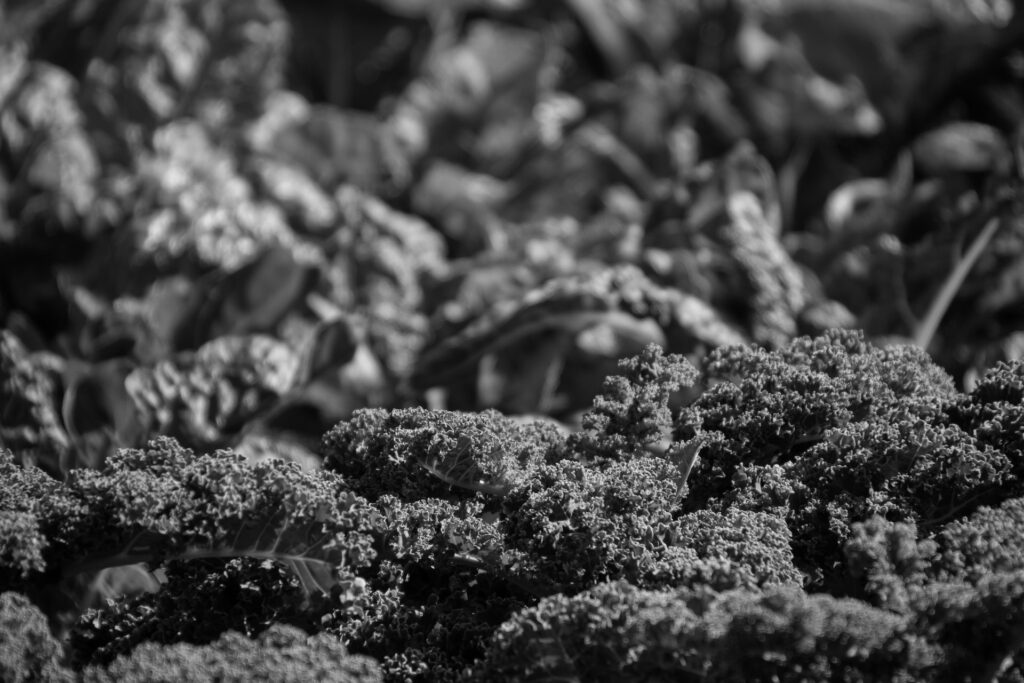Imagine a world where leftover broccoli, which is typically wasted due to flaws or overproduction, is transformed into a robust and adaptable source of protein. This vision is becoming a reality thanks to the work of scientists and food technologists, who are also tackling the urgent problem of food waste while advancing sustainability.
Scientists and professionals from the food industry came together to develop the first protein made from broccoli with the goal of maximizing the nutritious value of this inexpensive cruciferous vegetable. The popular source of vitamins, minerals, and fiber known as broccoli is increasingly being recognized as an essential supply of protein.
Up to 80% of the broccoli plant is wasted during conventional harvesting, but businesses like Upcycled Plant Power (UPP) are working to change that. With the aid of AI-powered harvesting technology, UPP efficiently locates and collects broccoli heads. The stems, stalks, and leaves are then processed on-farm into significant food resources by extracting proteins, fibers, and carbohydrates.
With a strong amino acid composition similar to that of soy and pea protein, preliminary testing has produced encouraging results. With this invention, plant-based diets have exciting new options that yet fulfill nutritional requirements.
In addition to decreasing food waste, this eco-friendly protein manufacturing model serves as an example of how ingenuity and creativity can fight waste and lower our carbon footprint in a time when sustainability issues are prevalent. It’s a more environmentally friendly method of producing protein that might completely alter the food sector.
Broccoli-based protein provides a wholesome and nutritive answer for people looking for sustainable and healthier food options by addressing the environmental effects of conventional animal husbandry and bridging the protein gap in plant-based diets. Food may be greener and more broccoli-filled in the future than we ever thought.

